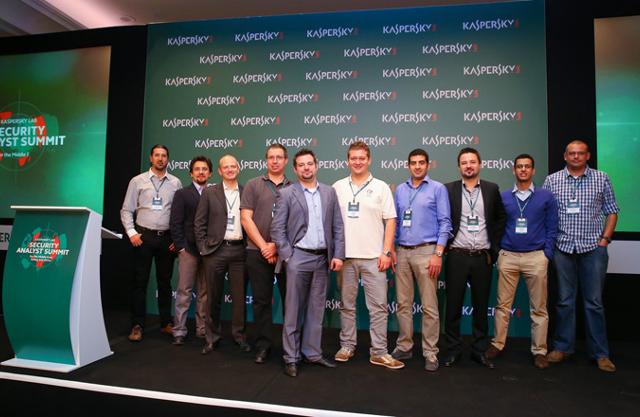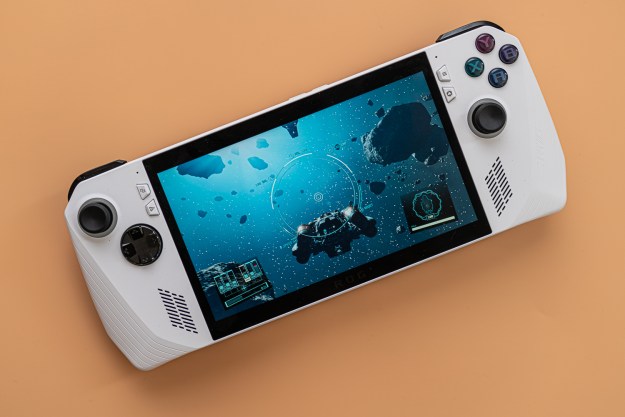
The allegations were made in a report today from Reuters. The two anonymous ex-employees said Kaspersky Lab would reverse engineer other companies’ software to see how they identify dangerous files.
Employees would then supposedly create harmless files with the same signatures as legitimate files that would then appear to be risky, all in the hopes that a competitor would label them as dangerous. The aim was to undermine how rival software worked.
“It is not only damaging for a competing company but also damaging for users’ computers,” said one of the ex-employees.
The unnamed accusers said these orders have been going on for 10 years and sometimes came directly from founder Eugene Kaspersky, who had taken umbrage with many other security software companies for supposedly ripping off its ideas. Some of the competitors named in Reuters’ report include Microsoft, AVG Technologies, and Avast.
It’s hard to assess the damage that these kinds of attacks or false positives can do, added the Reuters report.
Kaspersky Lab has fervently denied the allegations. “Contrary to allegations made in a Reuters news story, Kaspersky Lab has never conducted any secret campaign to trick competitors into generating false positives to damage their market standing,” said the company’s official statement. “Such actions are unethical, dishonest and illegal. Accusations by anonymous, disgruntled ex-employees that Kaspersky Lab, or its CEO, was involved in these incidents are meritless and simply false.”
In 2010, the Russian company shared some harmless files on Google’s VirusTotal aggregation. It did so to prove competitors were following Kaspersky’s lead when it came to marking files as malicious, rather than conducting their own research. Kaspersky called it a “one-time experiment” and added that in 2012 it was targeted by similar attacks that its accused of now.
The security industry has in the past complained about false positives being introduced to the web, but Kaspersky Lab has never been implicated before.
Liam O’Murchu, a security researcher at Symantec, said no one suspected Kaspersky. “We had investigated these attacks but could not find out who was behind them. We had some suspects, Kaspersky was not one of them,” he tweeted.
Microsoft, AVG, and Avast have not commented on these latest allegations.


